SCHOOLS
Islam Imagined is a unique resource for parents and teachers seeking faith-inspired activities for their children or students in the primary years of their education. These activities have been heavily designed around STEAM concepts and objectives, and can be completed at home or in classrooms. They can also be incorporated as an extension to, or offshoot of, existing STEAM curriculums in Islamic schools worldwide.
The Islam Imagined team firmly believes that it's important for Muslim children to feel like they have a place in this rapidly changing world, and to recognize that they can contribute to science, art, design, and technology in ways that enrich the lives of all. STEAM is at the core of the ground-breaking technologies we use everyday, whether it be Apple products or virtual reality cinema. Preparing students for a world of innovation is essential.
And it all by starts here, with the basics of design and technology.
Our activities make a STEAM education both fun and easily accessible. We aim to provide a platform that can help young Muslims make the most of their talent for science and art, whilst growing confident in their creative abilities and religious heritage.
We encourage all educators to peruse our website and use Islam Imagined as a tool and foundation for the young Muslim innovators of tomorrow.
wHAT IS STEAM?
STEAM stands for Science, Technology, Engineering, Arts, and Mathematics. One could describe it as a powerful movement that has been sweeping over schools globally. More specifically, it's an educational approach and a teaching model that is constantly evolving to better prepare kids for a rapidly changing 21st century economy.
Schools have classically held a STEM curriculum, not to be confused with STEAM (you will notice the 'A' for 'arts' is missing). But the last few decades have shown that it's no longer enough to teach STEM as separate rogue subjects. This is because isolating fields of study is actually counterproductive, and fails to equip students with the skills that employers, educators, and parents have pinpointed as crucial for children to thrive in the fast-coming future.
In a world like ours - an interconnected world of advanced technology and mind blowing innovation - the arts are critical for any vision of the future.
STEAM aims to break the imaginary and harmful divide between the 'rigid' world of science and the more 'fluid' world of the arts. By marrying the two, a revolutionary integrated approach to teaching is born.
And so we recognize now that at the heart of any scientific innovation and creativity lie the arts and design. We also know that STEAM has a powerful impact; the results have been positive world-wide, with students coming out of STEAM curriculums as better experiential learners, risk takers, problem solvers, collaborators, and creative thinkers. This helps foster a generation of kids that are ready to be innovators, leaders, educators, and pioneers of future technology! With an education like this, children wrapping up their schooling will enter the workforce ready to contribute, as opposed to catching up to a world that has out-run them.
A large and important component of the STEAM initiative is to get kids familiar with emerging technology. Many often comment that the majority of Islamic schools have not implemented a STEAM curriculum, and consequently fail to familiarize students with the myriad of amazing resources available for them today. At the same time, there is a noticeable lack of STEAM activities geared towards Islamic environments and Muslim children in general.
Islam Imagined was designed to address this gap. By introducing Muslim children to available resources, emerging technologies, and our uniquely Islamic activities, Muslim children can get thinking about design, technology, and innovation in their own abstract and unique ways.
the BENEFITS of islam imagined
Introduces children to core concepts of STEAM learning.
Equips both students and teachers with important STEAM resources and tools.
Integrates emerging technology into activities, allowing students to expand creative thinking and become technology-literate.
Faith-based activities instill a sense of pride in Islamic heritage, history, and identity.
Fusion of science/arts thinking equips students with creative skills necessary for a future of technology and innovation.






